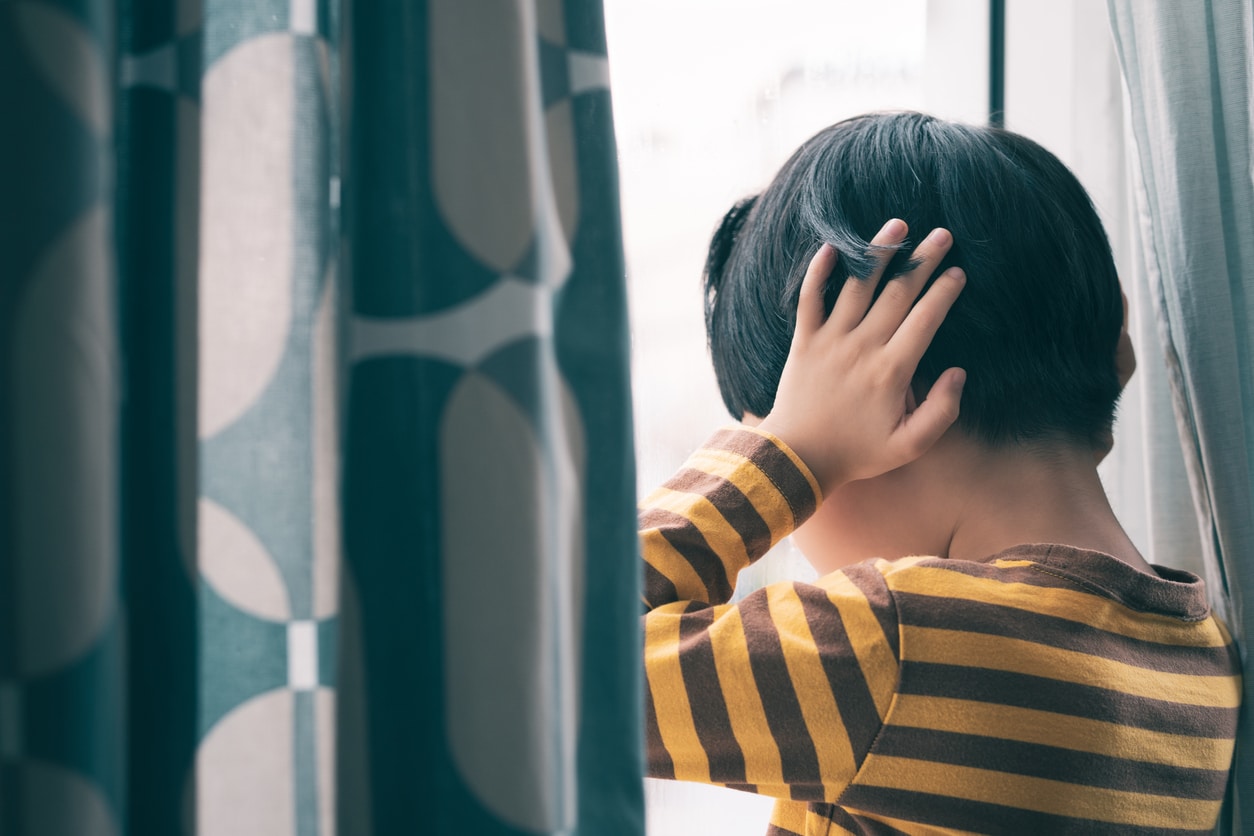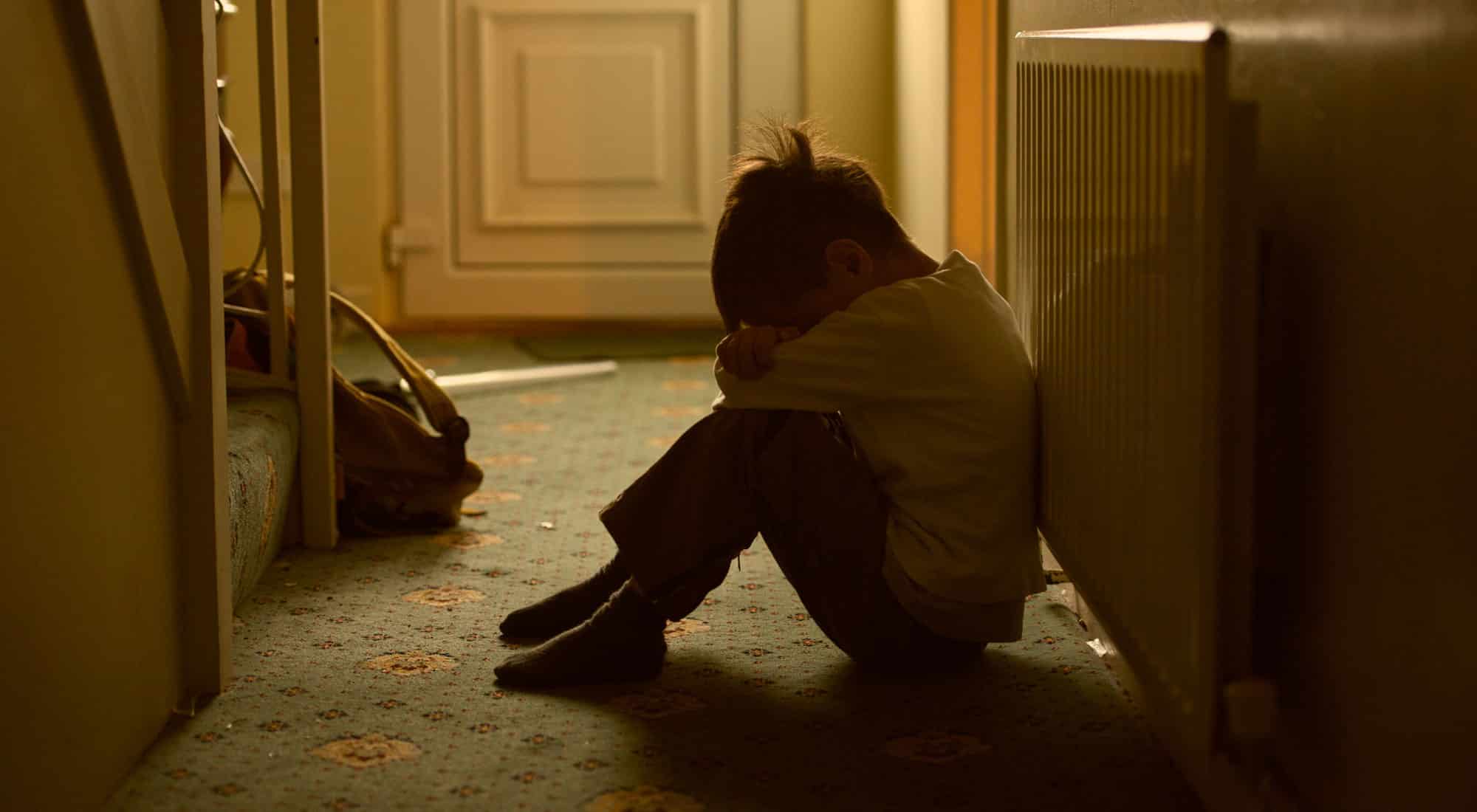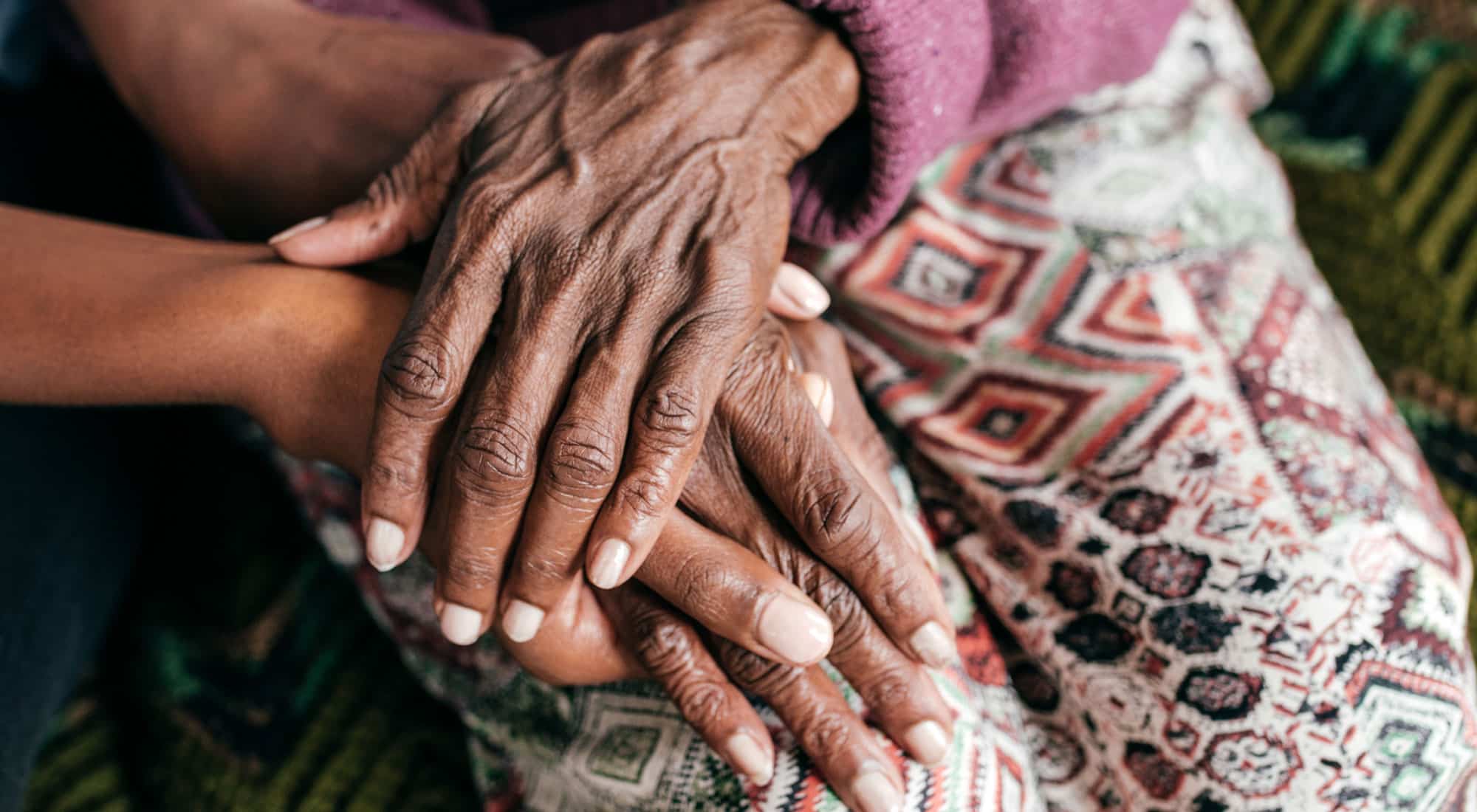

Category: Trauma
-

How to Heal From Complex Trauma: 3 Phases of Recovery
Complex trauma can be a heavy and often misunderstood experience. In this blog post, we’ll help you understand the symptoms and impact of complex trauma and explore the steps to recovery.
-

What is Somatic Therapy and What Are Its Benefits?
While traditional talk therapies can be beneficial in helping people uncover and heal from the trauma that underlies mental health and addiction, recent research has focused on the mind-body connection in relation to trauma. In fact, there is a whole realm of therapy that operates out of the belief that trauma is carried far more…
-

Childhood Trauma Linked to Mental Illness
Is mental illness caused by childhood trauma? It turns out that the early traumatic experiences you dealt with as a child can actually have a lasting impact on your life as you come of age. But these experiences can manifest themselves in adulthood as more than just difficult memories. For some people, childhood trauma can…
-

The Impact of Childhood Sexual Abuse on Adulthood
Childhood sexual abuse (CSA) has the potential to transform the trajectory of your life in a multitude of ways. While the effects of childhood sexual abuse are largely individualized and can manifest at different points throughout your lifespan, commonly reported symptoms and long-term effects include dissociation, depression, anxiety, eating disorders, self-harm, relationship difficulties, and addictive…
-

PTSD in Children of Alcoholics
By Bobby Shriver In addition to the basics of food and shelter, children also need stability, consistency, and emotional care in order to thrive. Typically, at a young age, children form an emotional attachment with their caregivers, and this has an influence on their development. The most important emotional attachment for a child is usually…
-

Generational Trauma & PTSD Within the Black Community
Explore the impact of generational trauma and PTSD within the Black community, including causes, effects, and paths toward healing.
-

Trauma: When Ancestry Uncovers Family Secrets
In an era where DNA testing has become as simple as mailing in a cheek swab and saliva, many people are discovering more about their personal history and ancestral background. What they learn can be interesting and enlightening; but for some, it can be traumatic. Family secrets are spilling out of DNA kits, and it’s…
-

How the Media Portrays Black Trauma
In 2020, the death of George Floyd ignited protests across America over race relations and the treatment of Black people, especially by law enforcement. The Black Lives Matter movement gained prominence, and Black trauma became a critical point of conversation within both corporate and civil spheres. More recently, the death of Tyre Nichols has incited…
-

An Intro to Dr. Bruce Perry’s Neurosequential Model
What is Dr. Bruce Perry’s Neurosequential Model? Different from a treatment technique, the Neurosequential Model is a method for organizing a child’s history of trauma, neglect, or abuse, and assessing how they are currently functioning. Using this method, a clinician can identify key problems, strengths, and therapeutic interventions so that the child’s network — family, educators,…
-

30 Things You Need to Know about Trauma and PTSD: PTSD Awareness Month
PTSD is often missed, and trauma is frequently dismissed. It is no wonder that so many of us who struggle don’t know it.
-

Relational Trauma Repair
If you’ve experienced relational trauma or suffer from complex post-traumatic stress disorder (cPTSD), treatment for these issues will likely involve a combination of different types of therapies. One particularly beneficial treatment is relational trauma repair, an experiential group therapy that uses specific exercises to teach emotional literacy and self- and co-regulation.
-

The Body’s Reaction to Trauma
The American Psychological Association defines trauma as “an emotional response to a terrible event like an accident, rape, or natural disaster.” And while trauma is absolutely an emotional response, it is also inherently and powerfully physical. In fact, the physical response is often the very first response we have to trauma. Before our minds even…